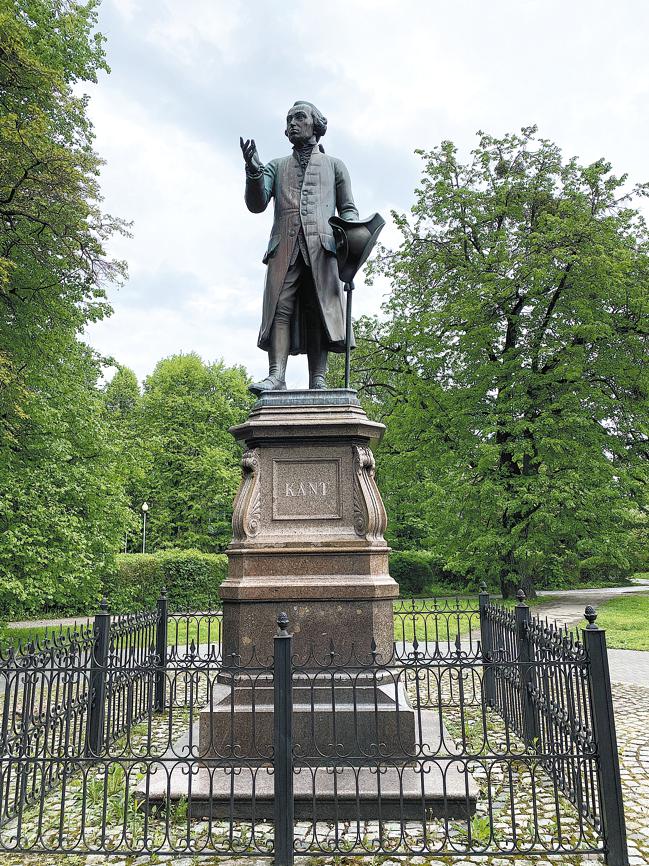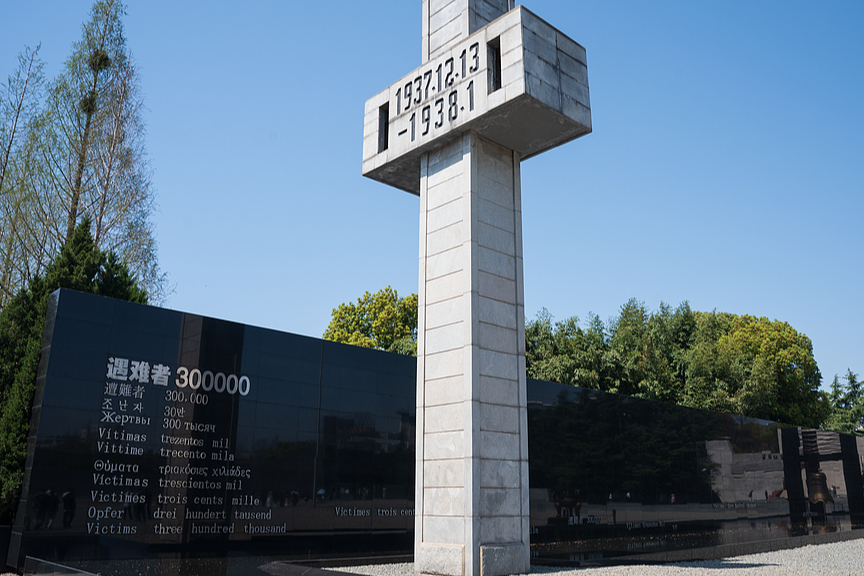A crossroads of culture
The legacies of empires great and small, and of East and West, abound in this Baltic tourism hotspot, Ren Qi reports in Kaliningrad, Russia.
By Ren Qi | China Daily | Updated: 2021-09-22 11:13

If it's a fascination with political history that brings you here, visit Kaliningrad on May 9, when-together with the rest of Russia-it celebrates World War II victory with a massive parade along Leninsky Avenue.
The region is Russia's main military base in the Baltics and the home of the Baltic Fleet, and many locals hail from military families.
The captivating scene, best watched from the podium of the Mother Russia statue, which commemorates the inclusion of East Prussia into the Russian Federation in 1946, would have been hard to imagine in 1933 when Hitler was welcomed by the city authorities with a pompous celebration held in the very same place.
During Soviet times, Kaliningrad remained a closed territory for tourists due to the large number of military garrisons nearby. But still, a centuries-old German legacy shines through the outward Soviet facade.
As you enter the old residential suburbs of Amalienau and Maraunenhof, asphalt gives way to cobblestones, houses become quainter, and even the trees look better groomed than in the city center.
Spared by the war, these areas remain largely the same as they were at the beginning of the 20th century, albeit with different residents. If you've spent some time in Germany, you can easily imagine trams, shops and beer gardens populating the area.
Elsewhere in the city, the partially restored old forts are reminiscent of a time when it was run by knights who formed the monastic state of the Teutonic Order and imposed Christianity and the German language on local Baltic tribes with sword and fire.
The city's 12th-century cathedral, which lay in ruins for 50 years, underwent a careful German-funded reconstruction. The original tomb of the city's most famous resident, philosopher Immanuel Kant, can be found at the outer northeastern corner of the cathedral.
Kant is a cult figure in Kaliningrad-the local university bears the philosopher's name, and, here is a fascinating tidbit: "Kantgrad" was actually a serious suggestion when, back in the 1990s, the authorities pondered a change of the city's name.
























